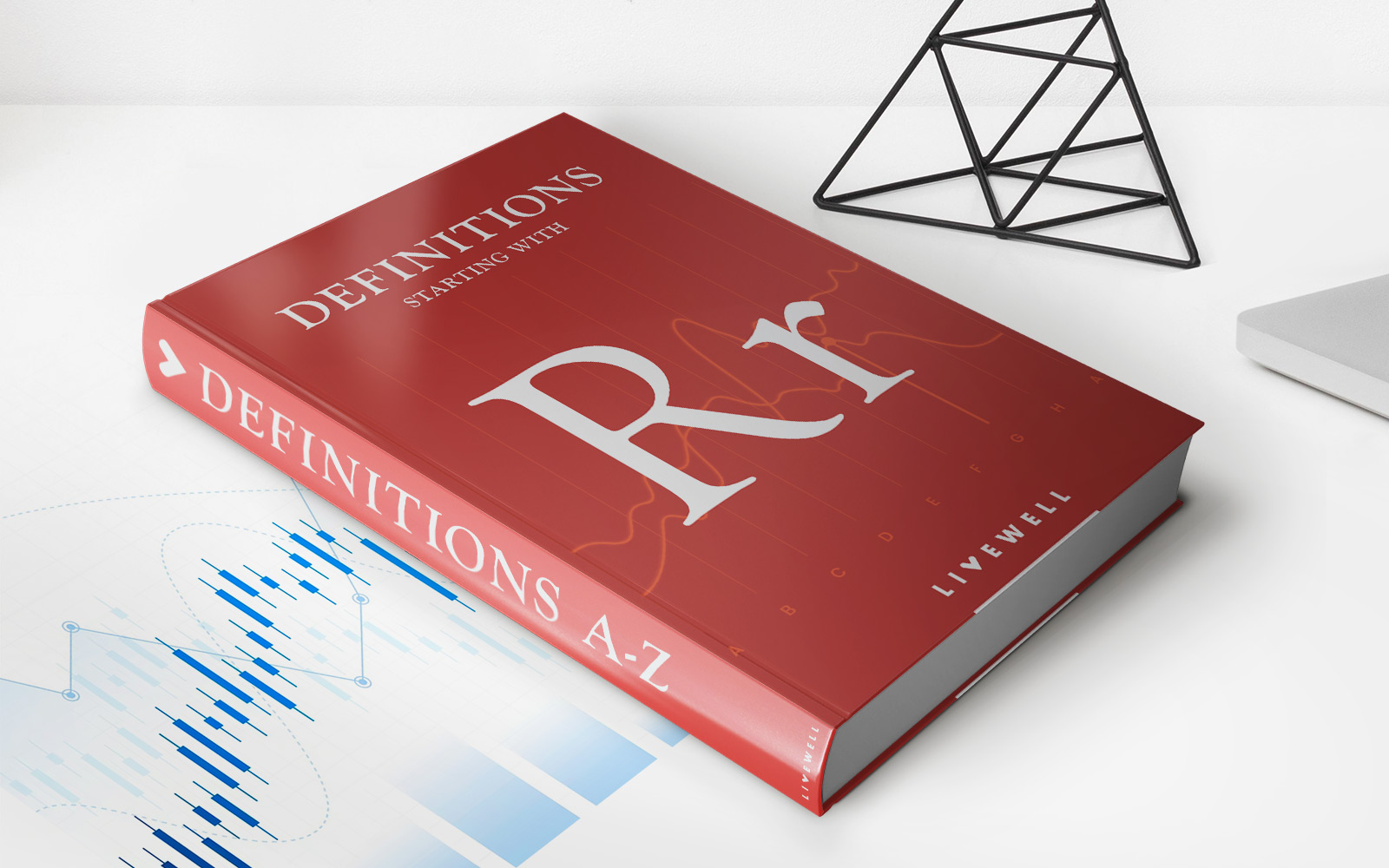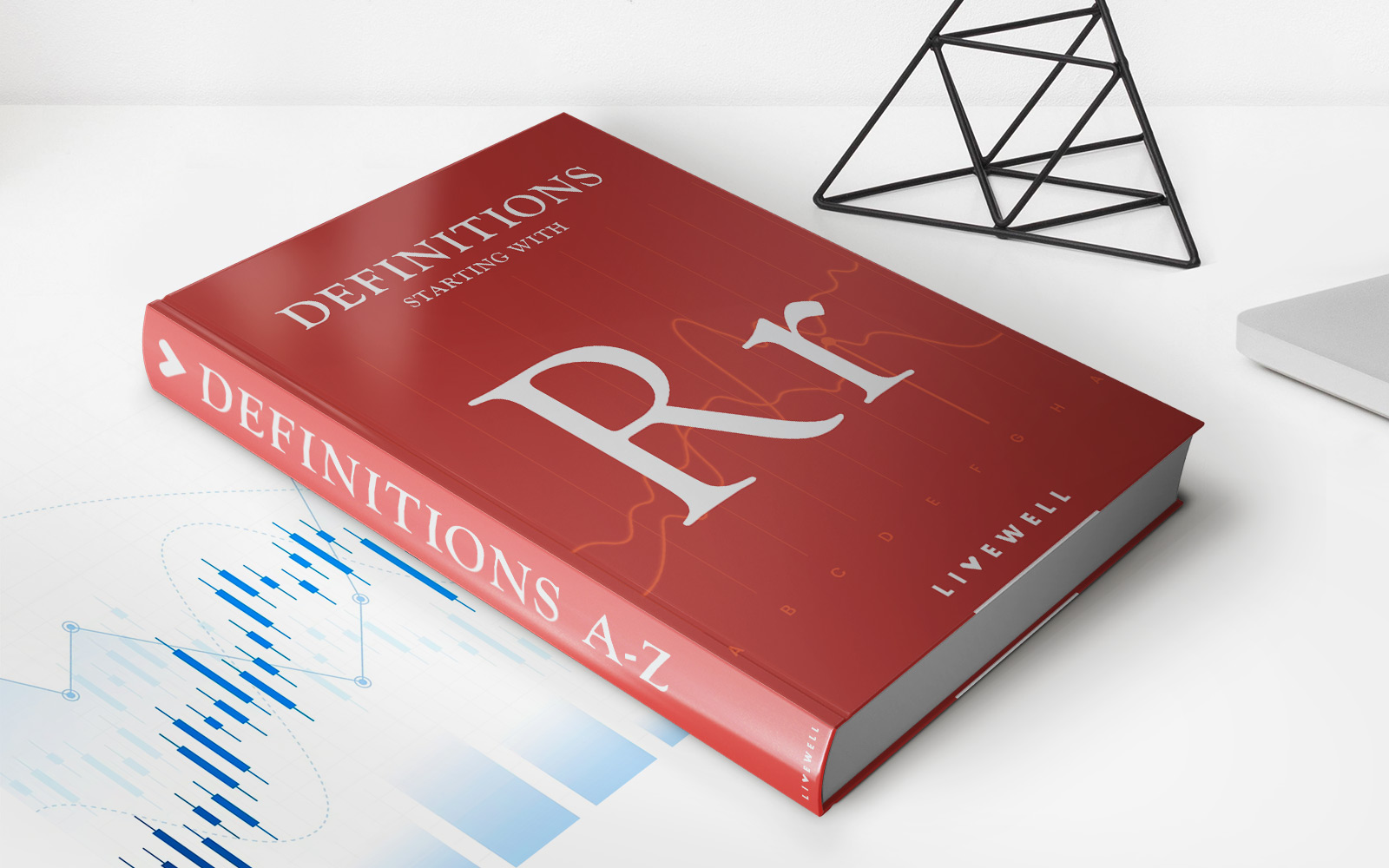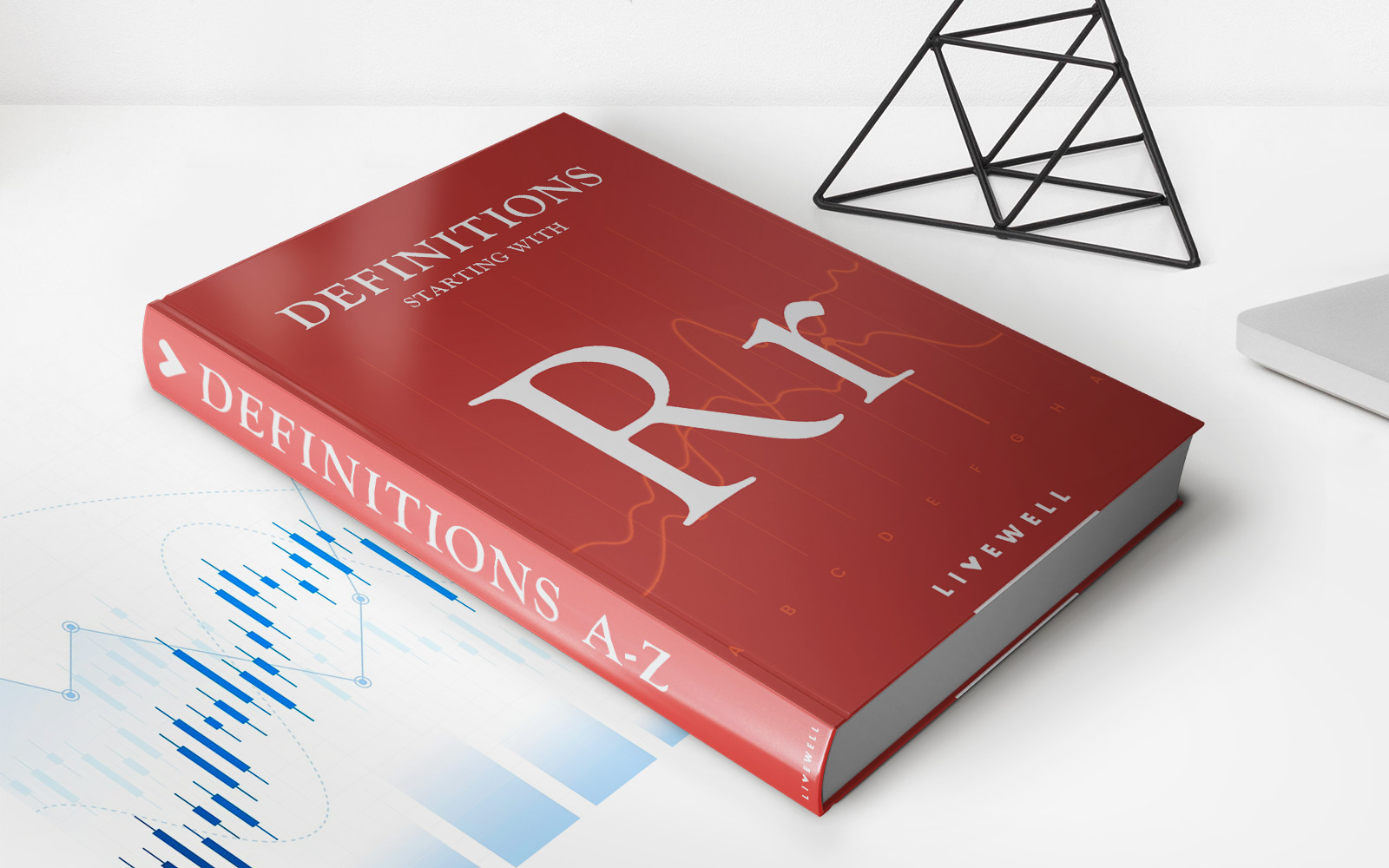Home>Finance>What Is An Irrevocable Beneficiary? Definition And Rights


Finance
What Is An Irrevocable Beneficiary? Definition And Rights
Published: December 13, 2023
Learn about the definition and rights of an irrevocable beneficiary in finance. Understand the implications and responsibilities involved in this type of financial arrangement.
(Many of the links in this article redirect to a specific reviewed product. Your purchase of these products through affiliate links helps to generate commission for LiveWell, at no extra cost. Learn more)
What Is an Irrevocable Beneficiary? Definition and Rights
Welcome to the Finance category of our blog, where we provide valuable information and insights on various financial topics. In this blog post, we will delve into the concept of an irrevocable beneficiary, exploring its definition and the rights associated with it. If you’ve ever wondered what it means to be an irrevocable beneficiary, or if you are considering naming one in your financial plans, this post is for you!
Key Takeaways:
- An irrevocable beneficiary is a person or entity named in a life insurance policy or a trust who cannot be removed or changed without their consent.
- The rights of an irrevocable beneficiary include receiving the designated benefits, being involved in the decision-making process, and ensuring the terms of the policy or trust are followed.
Now, let’s dive deeper into the world of irrevocable beneficiaries. An irrevocable beneficiary is someone who has been named in a life insurance policy, trust, or other financial instrument, and whose status as a beneficiary cannot be revoked or changed without their consent. This means that once someone is named as an irrevocable beneficiary, they have a permanent stake in the policy or trust and are entitled to the designated benefits.
Irrevocable beneficiaries hold certain rights and responsibilities that are legally binding. These include:
- Receiving Designated Benefits: The primary right of an irrevocable beneficiary is to receive the benefits outlined in the policy or trust. This may include a lump sum payment, regular payouts, or other specific arrangements.
- Involvement in Decision-Making: Irrevocable beneficiaries often have a say in the management of the policy or trust. Their consent may be required for certain changes or decisions, ensuring their interests are protected.
- Ensuring Compliance: Irrevocable beneficiaries have the right to ensure that the terms and conditions of the policy or trust are followed. They can take legal action if there are breaches or violations.
It is important to note that the designation of an irrevocable beneficiary is usually made with careful consideration. Once named, it can be challenging to change or remove this beneficiary without their consent. This provides a level of security and protection for the irrevocable beneficiary, ensuring their financial well-being and interests are safeguarded.
In conclusion, an irrevocable beneficiary is a person or entity named in a life insurance policy, trust, or other financial instrument, whose status as a beneficiary cannot be revoked or changed without their consent. They have the right to receive designated benefits, be involved in decision-making, and ensure compliance with the terms of the policy or trust. Understanding the concept of an irrevocable beneficiary is crucial when making financial plans, as it affects the long-term security and stability of your financial arrangements.
We hope this blog post has provided you with a clear understanding of what an irrevocable beneficiary is and the rights associated with this designation. For more informative articles and insights on finance-related topics, be sure to explore our Finance category. Stay tuned for more valuable content!














